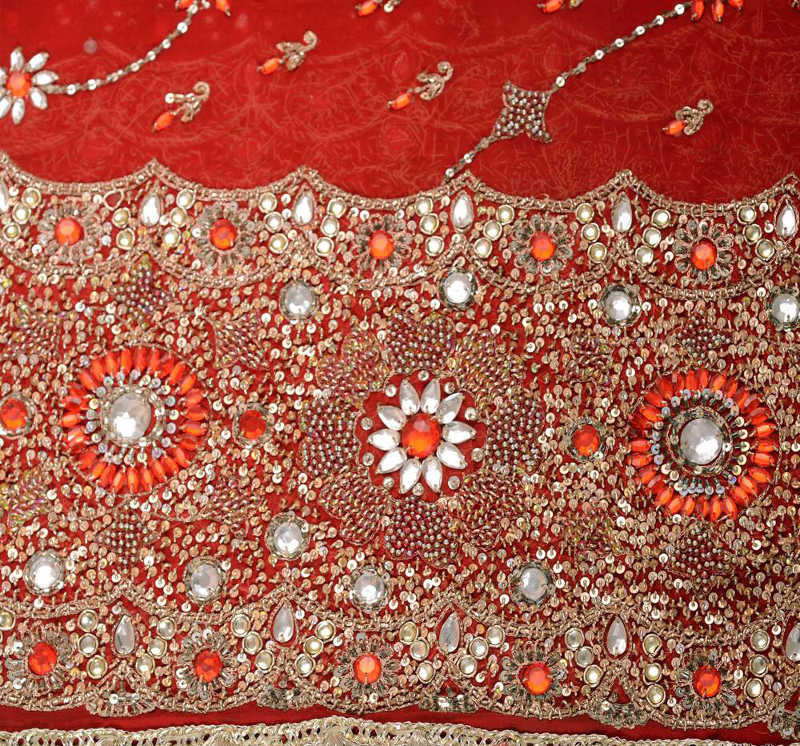===
0601,
1
===

=== |
 |
t̤urfah : 'Novel, rare, strange, extraordinary, wonderful; —a pleasing rarity; a novelty, a strange thing, a wonder'. (Platts p.752)
maqtal : 'Place of slaughter, or of execution; —place of death'. (Platts p.1054)
faiṣal : 'Separation, division; —decision, determination, adjudication, judicial sentence, judgment, decree'. (Platts p.785)
FWP:
SETS == BHI
MOTIFS
NAMES
TERMS == MEANING; PEN-NAMEIn this ghazal, Mir has chosen to include his pen-name in the opening-verse, and to omit it from the final verse. This is uncommon, but not terribly rare; it seems to have no special meaning.
In the first line, the juxtaposition of t̤urfah and maqtal works brilliantly. The former is the kind of expression used for a wonder, a rarity, something to be gazed at in delight and astonishment; it contains no overtones of fear or horror (see the definition above). And then to apply it-- and no other adjective whatsoever-- to a 'killing-ground' is jarring. It calls into question the tone of the second line-- we of course expect it to be melancholy, but perhaps it's just part of the fascinating strangeness, something to contemplate and marvel at?
Note for grammar fans: SRF has here emphasized the special, colloquial, exclamatory use of bhī ; for more on this, see my Urdu script and grammar notes, section 19,4. For other such examples, see {601,8} and especially {611,1}. He's also pointed out that ko can be a time expression, appearing in places where we'd expect ke liye . Along those same lines, here koʾī dam is an idiomatic expression ('a few breaths/moments'), which is why the koʾī is not in the oblique.